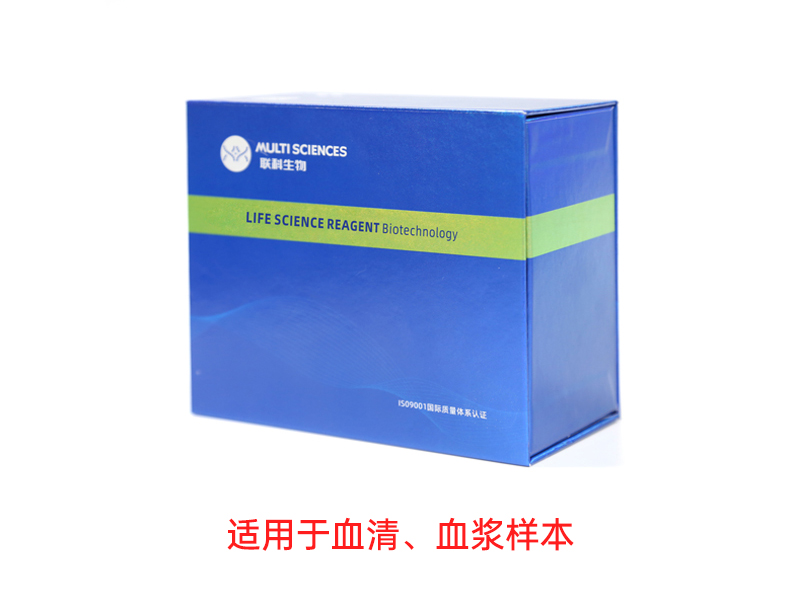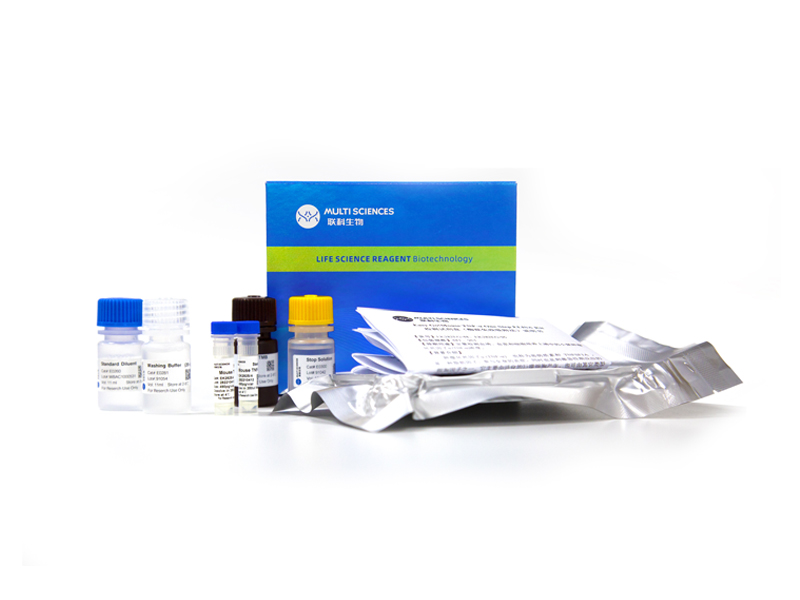Palatine tonsils are the only air-contacted lymphoid organs that constantly engage in crosstalk with commensal microorganisms and serve as the first handling sites against microbial antigens. While tonsil inflammations have been implicated in various autoimmune diseases, including rheumatoid arthritis (RA), the precise role of tonsillar microbiota in autoimmune pathogenesis remains inadequately characterized. In this study, we conducted a profiling of the tonsillar microbiota and identified a notable dysbiosis in RA patients, particularly within the Streptococcus genus. Specifically, RA patients exhibited an enrichment of pathogenic Streptococcus species, including S. pyogenes, S. dysgalactiae, and S. agalactiae. Colonization with these bacteria significantly exacerbated arthritis severity and increased autoimmune responses in collagen-induced arthritis (CIA). Furthermore, immunization with peptides derived from these pathogenic Streptococcus species directly induced experimental arthritis. Conversely, RA patients demonstrated a marked deficiency in commensal Streptococcus members, notably S. salivarius. Treatment of CIA mice with S. salivarius attenuated the progression of arthritis and downregulated autoimmune responses. These findings highlight a functional link between tonsillar microbiota and RA, shedding light on their contribution to autoimmunity.
文章引用产品列表
-
- EK210EGA 23 Citations
- 一步法ELISA试剂盒
EasyGo!™ Mouse IL-10 One-Step ELISA Kit 检测试剂盒(酶联免疫吸附法)
- ¥2,190.00 – ¥3,650.00
-
- EK206EGA 56 Citations
- 一步法ELISA试剂盒
EasyGo!™ Mouse IL-6 One-Step ELISA Kit 检测试剂盒(酶联免疫吸附法)
- ¥2,190.00 – ¥3,650.00
-
- EK210 486 Citations
- ELISA试剂盒
Mouse IL-10 ELISA Kit检测试剂盒(酶联免疫吸附法)
- ¥1,600.00 – ¥10,800.00
-
- EK206 1296 Citations
- ELISA试剂盒
Mouse IL-6 ELISA Kit检测试剂盒(酶联免疫吸附法)
- ¥1,600.00 – ¥10,800.00
-
- EK206HS 1080 Citations
- 高敏试剂盒
Mouse IL-6 High Sensitivity ELISA Kit检测试剂盒(酶联免疫吸附法)
- ¥2,000.00 – ¥3,400.00





